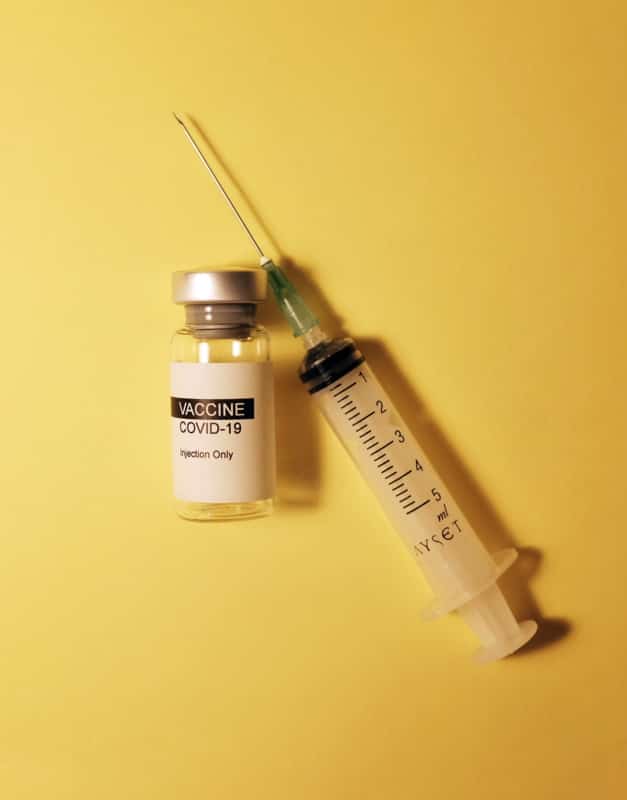Being told you have an ovarian cyst often leaves you with more questions than […]

In December 2020, Dr Wolfgang Wodarg, a German physician who previously downplayed the severity of COVID-19 pandemic, petitioned the European Medicines Agency together with an ex-employee of Pfizer (who hadn’t worked for Pfizer in nearly a decade) to halt vaccine trials. This was on the basis that a spike protein coded by the mRNA-based vaccines was similar to syncytin-1, which is a protein required for placenta attachment in pregnancy.
The above unsubstantiated claim unfortunately stoked widespread fears in the era of social media misinformation amidst the uncertainty surrounding the pandemic and rapid development of COVID-19 vaccines. It has since been debunked as it has been shown that synctyin-1 and the SARS-CoV-2 spike protein are far too dissimilar for any possibility of the COVID-19 vaccines to cause the immune system to impact fertility and pregnancy.
International authorities including Centers for Disease Control and Prevention (CDC), American College of Obstetricians and Gynaecologists (ACOG), Royal College of Obstetricians and Gynaecologists (RCOG) have published definitive statements that claims of COVID-19 vaccines causing infertility are scientifically unfounded. It is safe for teenagers, women who are considering future pregnancy, and pregnant women to receive COVID-19 vaccines, as evidence-based data thus far do not show any safety concerns regarding fertility, periods and pregnancy.
The mRNA COVID-19 vaccines instruct the body to learn recognition of what the actual SARS-CoV-2 protein looks like so that an immune response can be triggered from memory to protect you against COVID-19 should you encounter it in future. mRNA does not enter the nucleus of the body’s cells (where DNA material is contained), is very short-lived and easily degraded – hence the need for strict cold chain transportation of the vaccines due to the rapid break-down.
At present, there is no scientific evidence of COVID-19 vaccines having adverse effects on fertility, pregnancy or menstruation. Should you continue to have concerns over the vaccines, do seek further discussion with a healthcare professional – either way, you will be supported in your decision on whether or not to get the vaccine.
Being told you have an ovarian cyst often leaves you with more questions than […]
Chronic bloating. Lower back pain. Fatigue that lingers even after rest. These are symptoms […]
Many women live with Polycystic Ovary Syndrome (PCOS) without realising fact from fiction. This […]





Aster Gynaecology © | All Rights Reserved.